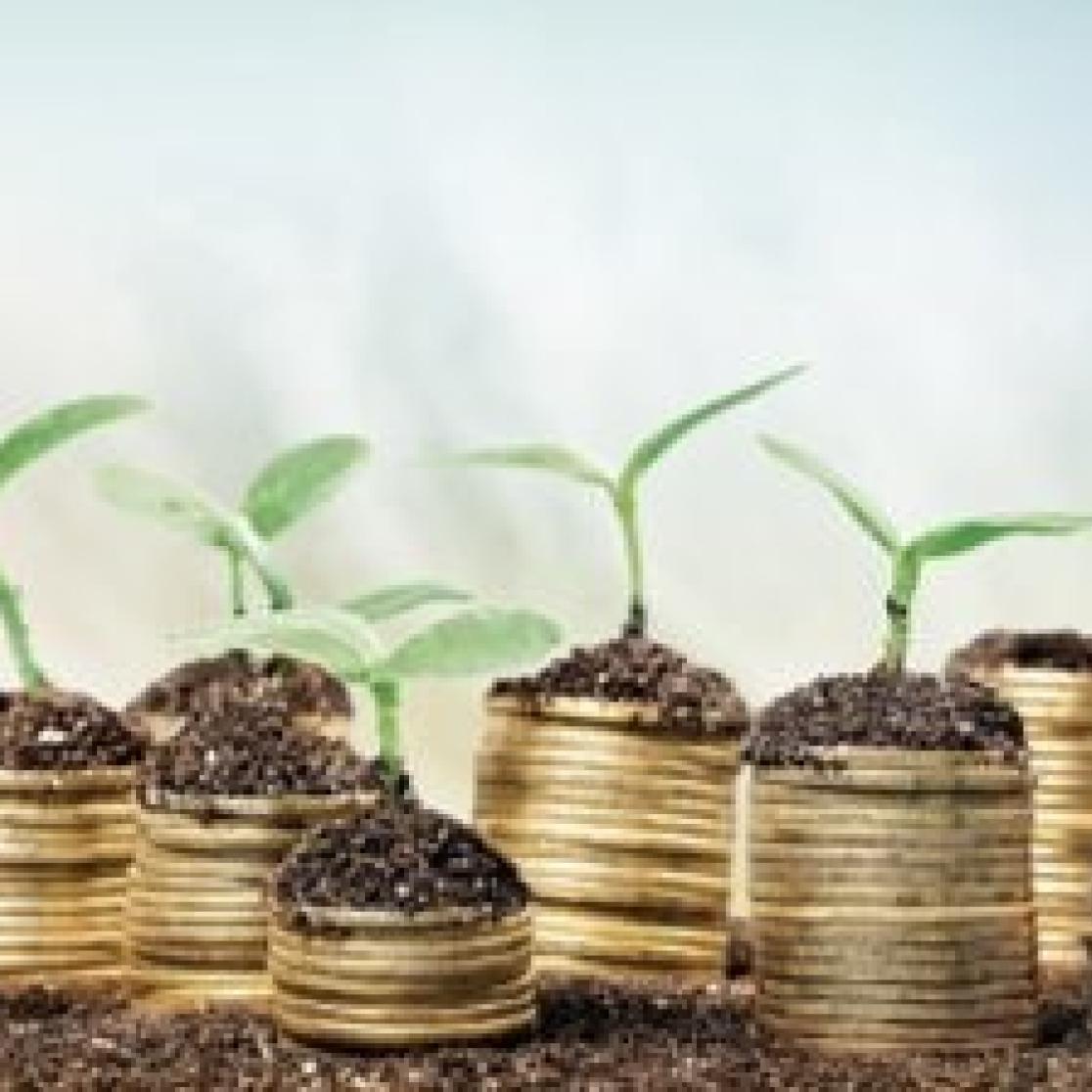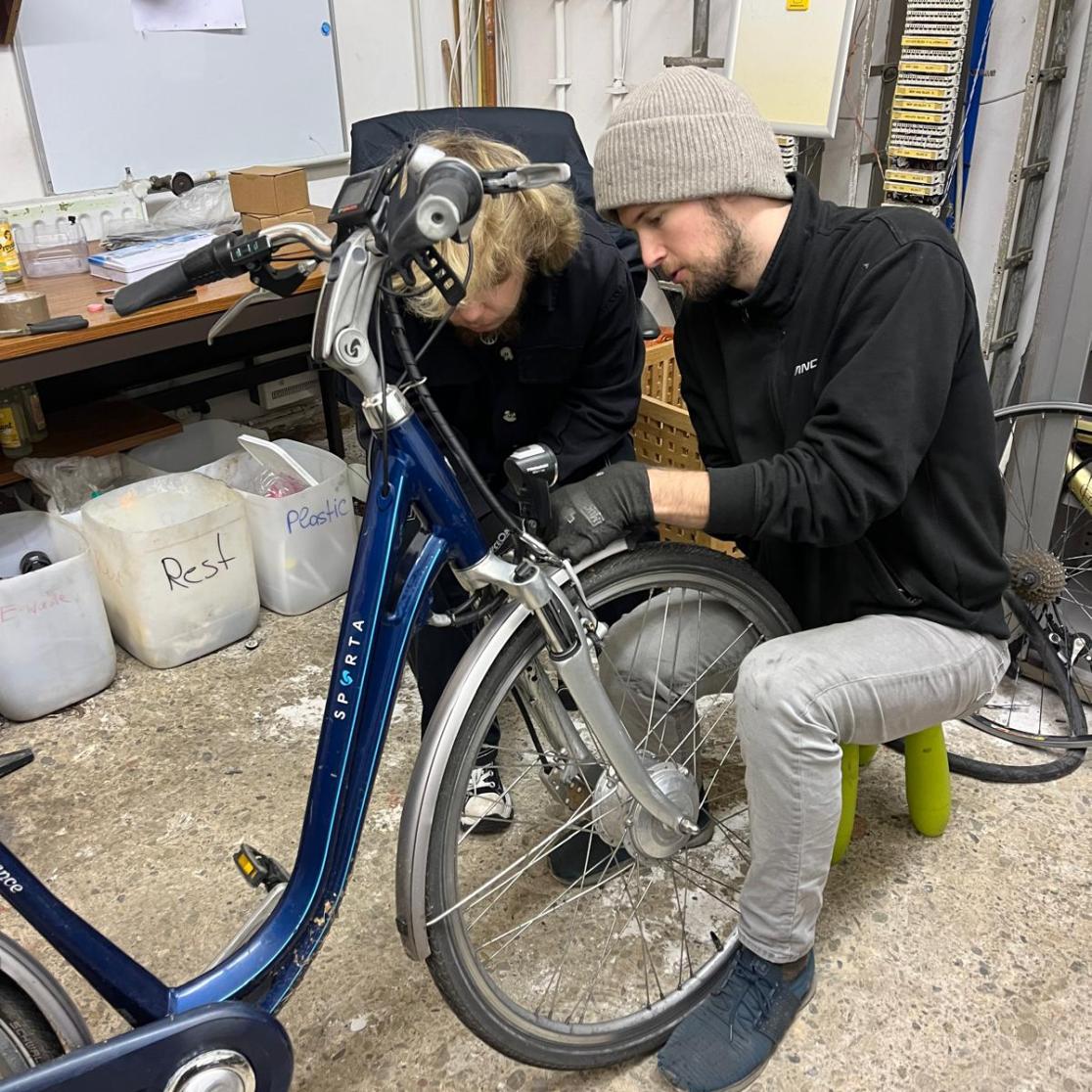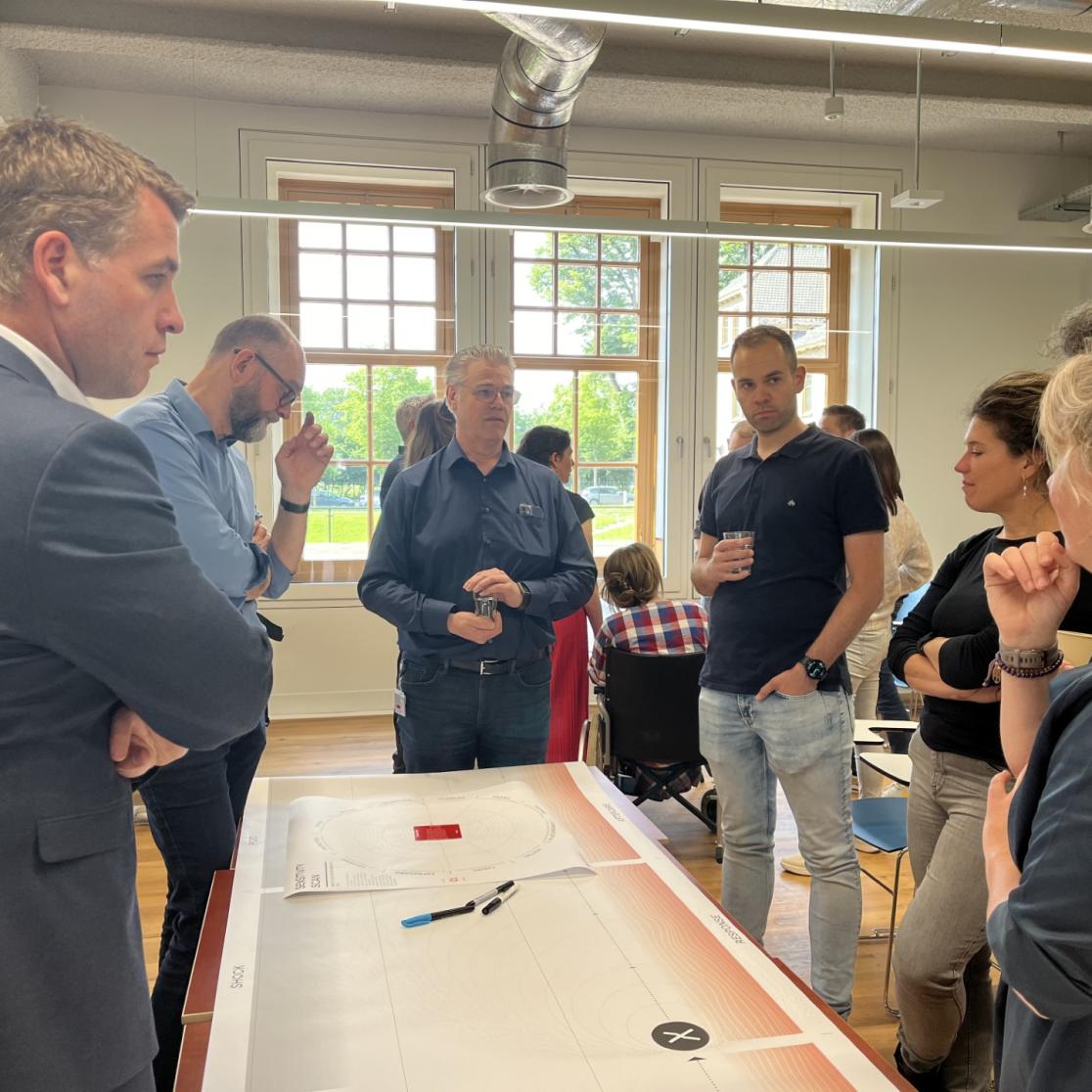From here...to a circular UM campus by 2035
Circularity is about using resources wisely and efficiently: wasting less, reusing more, and designing with closed loops in mind. Maastricht University is working towards a fully circular campus by 2035. This means minimizing waste, prioritizing reuse, repair and recycling, and choosing materials and suppliers that align with circular principles.
But circularity goes beyond waste management. It’s a mindset that we are embedding into our education, research, and operations. At UM, we are guided by the R-strategies of circularity: Refuse, Rethink, Reduce, Reuse, Repair, Refurbish, Remanufacture, Repurpose, Recycle, and Recover. These strategies help us rethink how we design systems, use materials, and structure supply chains. Through initiatives like the Circularity Fresk and dedicated course content, students learn how to apply these principles in practice. Our campus becomes a living lab for circular innovation, preparing students to drive change in tomorrow’s world.
Find out what we do!
Research Call Circularity
In 2024, UM launched a €350,000 research seed fund to promote interdisciplinary collaboration around the theme of Climate change. In 2025, the Research Call will specifically challenge circular research projects. The call specifically encourages joint proposals between faculties, recognising that complex sustainability challenges require diverse expertise. This initiative not only strengthens UM’s research profile in sustainability, but also generates knowledge with direct societal relevance. It reflects the university’s commitment to enabling research that supports systemic change. The outcomes of these projects will be shared with both academic and regional partners.

Swap Room
Located in the Sustainability Hub, the Swap Room offers students a place to exchange clothing and accessories—completely free of charge. With more than 1,000 clothing items swapped so far, the room brings the principles of circularity to life in a fun and accessible way. It encourages conscious consumption and helps reduce textile waste, one of the most polluting industries globally. The Swap Room is run by student volunteers and regularly hosts themed events and has become a vibrant part of UM’s campus sustainability culture.
Bike Repair Shop
UM’s student-led bike repair shop supports sustainable mobility by keeping bikes on the road and out of the waste stream. Over 100 bikes have already been repaired, often for free or at very low cost. Students learn hands-on repair skills, promoting a DIY ethos and increasing access to sustainable transport. The initiative contributes to a cycling-friendly campus and reduces reliance on car or public transport. It also fosters community-building and student empowerment through skill-sharing and peer support. The shop is integrated into the wider goals of promoting low-carbon living at UM.

UM Transition Platform
The UM Transition Platform connects researchers, educators, students and external partners who are working on transformative sustainability challenges. It serves as a space to share ideas, develop joint initiatives, and collaborate on complex transitions such as the shift to a circular economy, climate neutrality and social equity. The platform also plays a key role in the Euregional rollout, linking UM expertise with regional actors to accelerate change beyond the university. By bringing people and perspectives together, the platform fosters innovation and systemic thinking.
